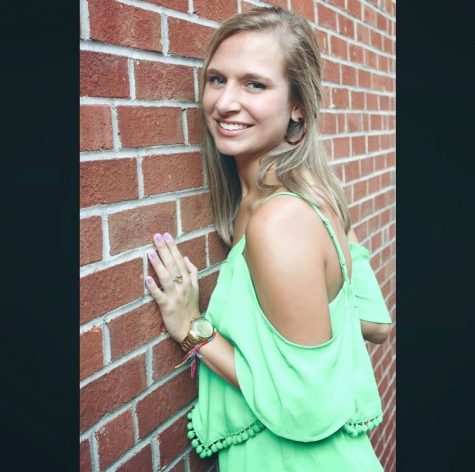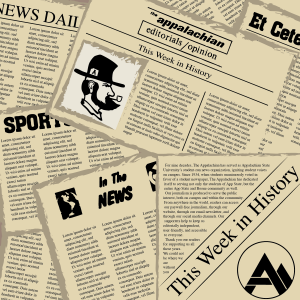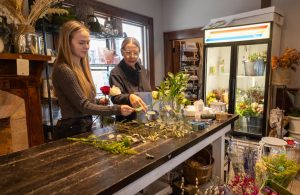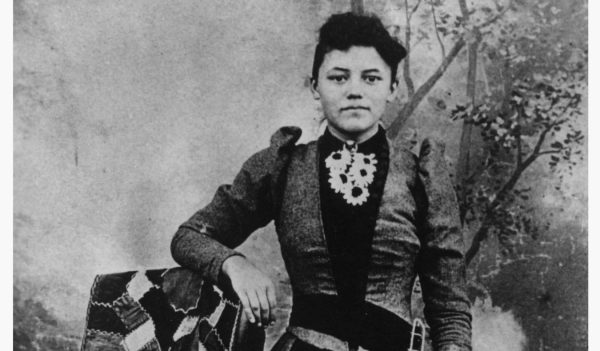Wine to Water donates water filters to Bahamians following Hurricane Dorian
September 17, 2019
At any second, anybody could lose so much due to the damage that a hurricane can bring. Houses can collapse, telephone lines can fall and spirits can be broken. All that others can do is help them whenever given the opportunity.
Earlier this month, Hurricane Dorian, a Category 5 hurricane, crashed into The Bahamas at full force.
Wine To Water, a local nonprofit, decided to donate water filters to The Bahamas about a week after the disaster hit. Wine To Water has donated 700 filters to The Bahamas and is now trying to get 500 more there, said Josh Elliott, director of international programs for Wine to Water.
Wine to water is donating membrane filters that filter out microbiological contaminants.
“After most disasters, we really ask ourselves the question, ‘Can we help?’ It’s not always a definite yes, and oftentimes, it takes a couple of weeks to figure it out,” Elliott said. “The main thing for us is, ‘Are we going to help, or are we going to be a hindrance on an already stressed environment?’”
Elliot said Wine To Water also thinks of how it is connected to the area where a disaster has struck, whether it is through direct connections, local people or through partners that are already responding.
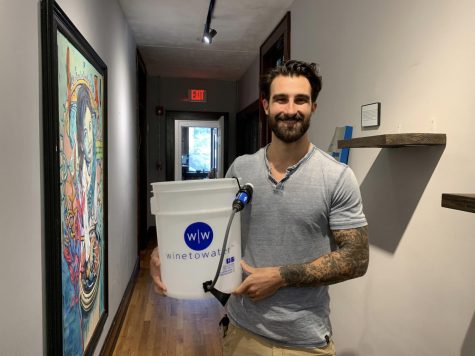
Josh Elliott, director of international programs for Wine to Water, holds one of the filters his organization donated to The Bahamas
Wine to Water aims to provide those they help with valuable solutions.
“We try to make sure that everywhere we go, we identify the source of the water,” Elliott said. “We make sure that we’re not dealing with brackish or heavy metals or chemicals, because we obviously don’t want to give them a solution that is not going to work.”
Elliott said Wine To Water recommends Bahamians use the filter for rainwater they may have collected over time from the hurricane.
“Water infrastructure is completely stressed or completely broken. In that case, many people specifically in areas of tropical climates, can collect rainwater,” Elliott said. “As long as that rainwater is not brackish, which it can be right after a storm. In the days and weeks after, it is not and can be drunk.”
Brackish water has more salt than freshwater, but less than seawater.
Elliott said filtration “is not the end-all, be-all solution” to The Bahamas’ problems, but it’s a start.
“I think it will help them meet their immediate need, which is clean water for some of these places. Honestly, that’s what we can help with the best,” said Pavan Mudiam, international programs coordinator for Wine To Water. “Of course, it will take time and more resources to help those people with how much disaster has actually happened there. If we can fulfill at least a short-term need, that would bring some relief to those people.”
The organization has connections in Freeport, on The Grand Bahamas island, and Elbow Cay in the Abaco Islands. They also have field offices in Nepal, Columbia, The Dominican Republic and Tanzania. Wine to Water had additional help from Hope Worldwide, a global relief organization.
Elliott said even $50 could help provide a family with clean water, and people can donate through Wine To Water by visiting its website or Facebook page.

